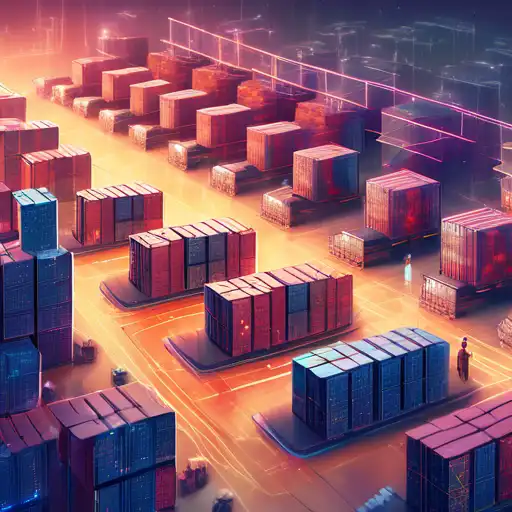The Transformative Power of Blockchain in Modern Supply Chains
In the digital age, blockchain technology is emerging as a revolutionary force in transforming supply chains across industries. By offering unparalleled transparency, security, and efficiency, blockchain is setting new standards for how goods are tracked, verified, and delivered from origin to consumer.
Understanding Blockchain in Supply Chains
At its core, blockchain is a distributed ledger technology that allows data to be stored across a network of computers. This means that every transaction or movement of goods can be recorded in a way that is immutable and transparent to all parties involved. For supply chains, this translates into a significant reduction in fraud, errors, and delays.
Key Benefits of Blockchain for Supply Chains
- Enhanced Transparency: Every transaction is recorded on a blockchain, providing a complete and unalterable history of a product's journey.
- Improved Security: The decentralized nature of blockchain makes it highly resistant to tampering and cyber attacks.
- Increased Efficiency: By automating and streamlining processes, blockchain reduces the need for manual checks and paperwork, speeding up operations.
- Better Compliance: With all data easily accessible and verifiable, companies can more easily comply with regulations and standards.
Real-World Applications
Several industries are already leveraging blockchain to revolutionize their supply chains. For example, in the food industry, blockchain is used to track the origin of products, ensuring safety and quality. In manufacturing, it helps in verifying the authenticity of parts and materials, reducing the risk of counterfeit goods.
Challenges and Considerations
Despite its potential, the adoption of blockchain in supply chains is not without challenges. Issues such as scalability, interoperability, and the need for industry-wide standards must be addressed to fully realize its benefits. However, as technology evolves and more organizations embrace blockchain, these hurdles are expected to diminish.
Looking Ahead
The integration of blockchain into supply chains is still in its early stages, but its potential to transform the industry is undeniable. As businesses continue to explore and invest in this technology, we can expect to see more innovative applications that further enhance efficiency, transparency, and trust in global supply chains.
For those interested in diving deeper into how blockchain is shaping the future of supply chains, exploring blockchain innovations and digital transformation strategies can provide valuable insights.
